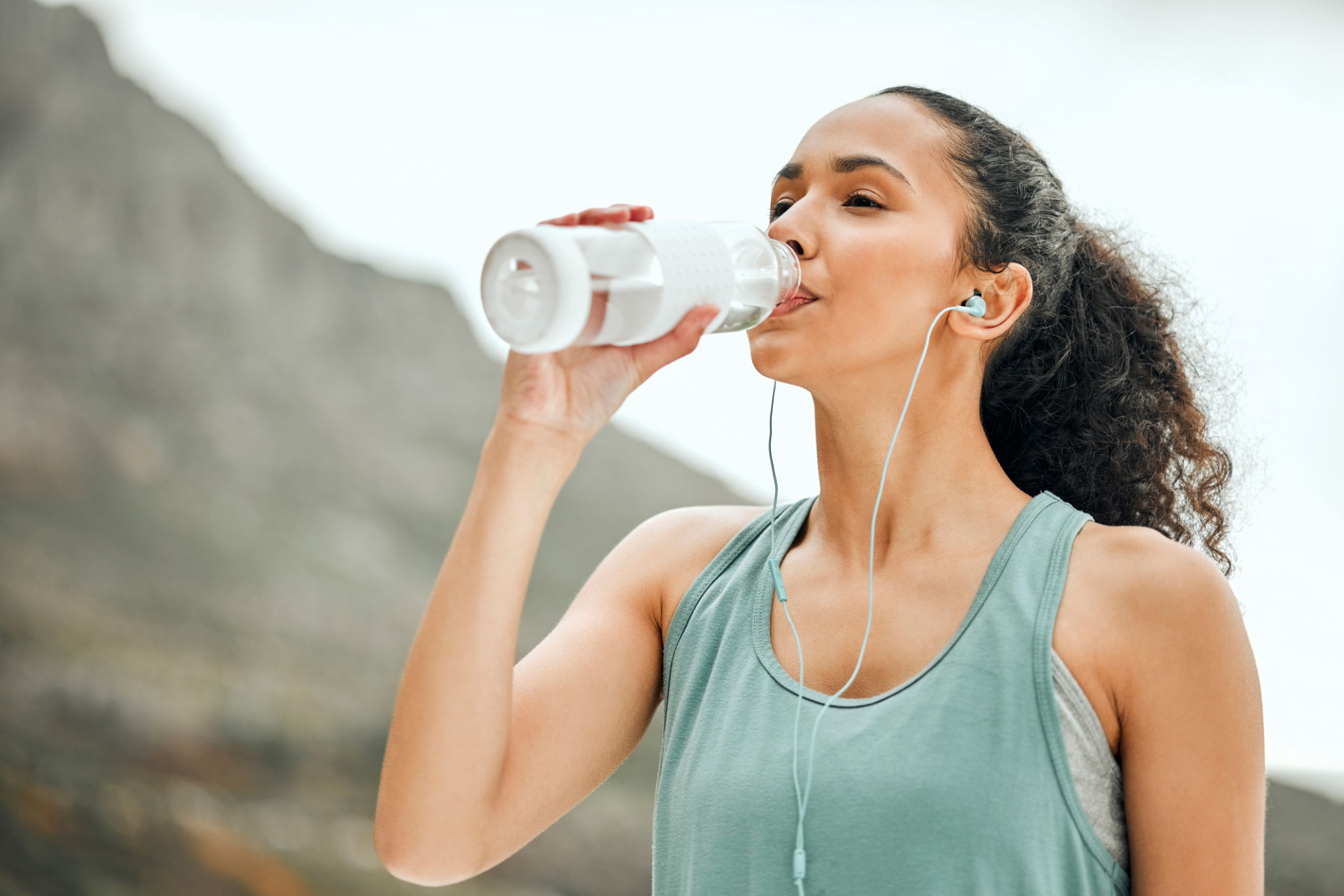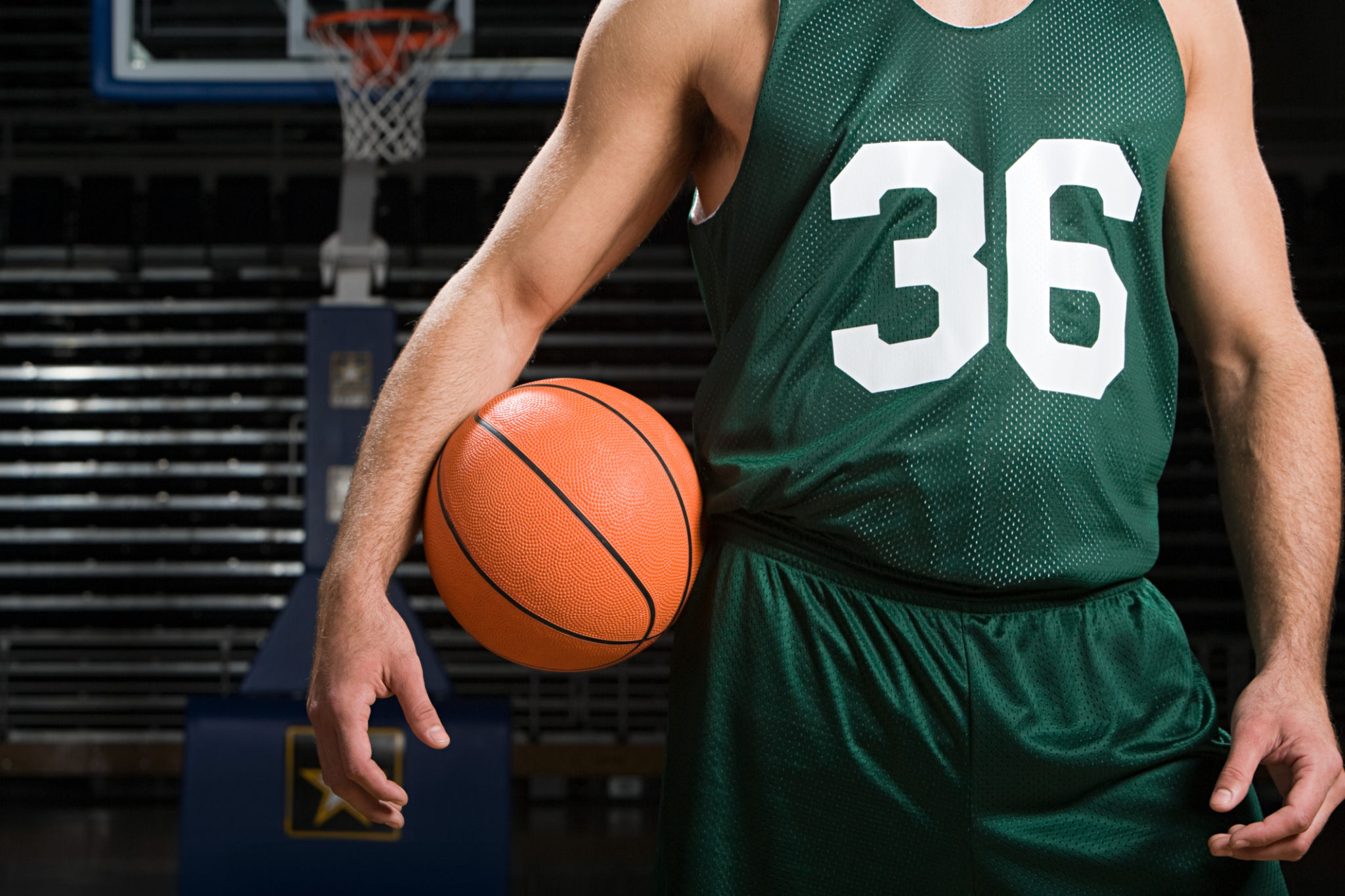Fuel Like a Pro: Hydration Strategies for High School Athletes
Understanding the Importance of Hydration
For high school athletes, maintaining optimal performance is key, and one of the most crucial components is staying properly hydrated. Water is vital not just for survival but for peak athletic performance. It helps regulate body temperature, transport nutrients, and remove waste. Dehydration can lead to fatigue, reduced coordination, and muscle cramps, all of which can negatively impact an athlete's performance on the field.

Daily Hydration Needs
High school athletes should aim to drink plenty of water daily, even on non-training days. The general guideline is to consume at least eight 8-ounce glasses of water per day, but athletes often require more due to increased physical activity. Factors such as age, weight, activity level, and climate can influence the amount of water needed.
Encourage athletes to monitor their hydration by paying attention to their body's signals. Thirst is a late indicator of dehydration, so it's essential to drink water consistently throughout the day.
Hydration Before, During, and After Exercise
Proper hydration timing is as important as quantity. Athletes should start hydrating at least two hours before exercise, consuming around 16-20 ounces of water. During physical activity, it's crucial to drink regularly, ideally every 15-20 minutes, aiming for 7-10 ounces each time.

After exercise, rehydration is vital to replace fluids lost through sweat. Consuming 16-24 ounces of water for every pound lost during exercise can help restore hydration levels effectively.
Electrolyte Balance
While water is essential, athletes also need to consider their electrolyte balance. Electrolytes like sodium, potassium, and magnesium are lost through sweat and play a critical role in muscle function and energy production. Sports drinks can be beneficial during intense workouts lasting longer than an hour, as they replenish both fluids and electrolytes.

However, it’s important to choose drinks wisely. Many sports drinks contain added sugars that can be detrimental if consumed in excess. Opt for those with lower sugar content or consider natural alternatives like coconut water.
Signs of Dehydration
Recognizing the signs of dehydration can help prevent performance decline and health issues. Common symptoms include dry mouth, fatigue, dizziness, and dark urine. If any of these signs occur, it’s crucial to stop activity and hydrate immediately.
Athletes should also be aware of heat-related illnesses such as heat exhaustion or heat stroke, which can be exacerbated by dehydration. These conditions require prompt attention and can sometimes necessitate medical intervention.
Hydration Tips for Coaches and Parents
Coaches and parents play a vital role in ensuring athletes remain hydrated. Encourage regular water breaks during practice and games and educate athletes on the importance of hydration. Providing access to water stations and reminding athletes to drink can foster healthy habits.

Ultimately, proper hydration strategies are a foundational element for any high school athlete's success. By understanding and implementing these strategies, athletes can optimize their performance and maintain their health both on and off the field.